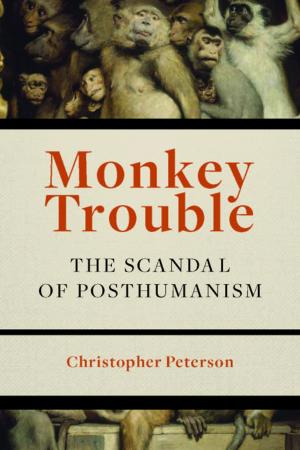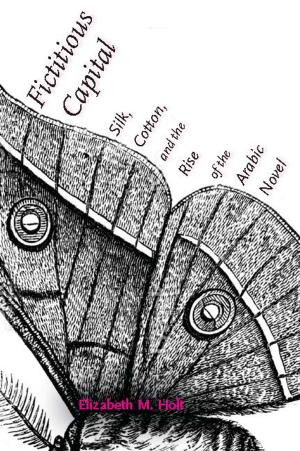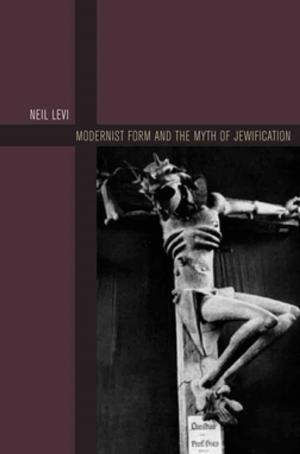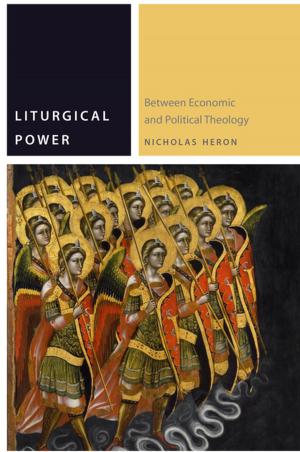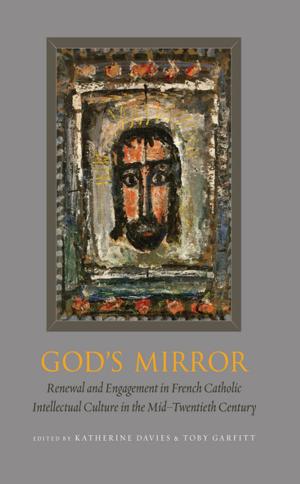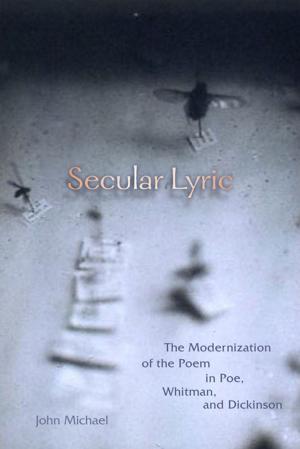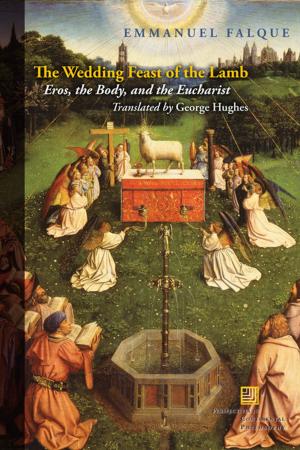Questioning the Human
Toward a Theological Anthropology for the Twenty-First Century
Nonfiction, Religion & Spirituality, Christianity, Denominations, Catholic, Catholicism, Theology| Author: | Yves De Maeseneer, Ellen Van Stichel | ISBN: | 9780823257553 |
| Publisher: | Fordham University Press | Publication: | August 15, 2014 |
| Imprint: | Fordham University Press | Language: | English |
| Author: | Yves De Maeseneer, Ellen Van Stichel |
| ISBN: | 9780823257553 |
| Publisher: | Fordham University Press |
| Publication: | August 15, 2014 |
| Imprint: | Fordham University Press |
| Language: | English |
Theological anthropology is being put to the test: in the face of contemporary developments in the spheres of culture, politics, and science, traditional perspectives on the human person are no longer adequate. Yet can theological anthropology move beyond its previously established categories and renew itself in relation to contemporary insights? The present collection of essays sets out to answer this question. Uniting Roman Catholic theologians from across the globe, it tackles from a theological perspective challenges related to the classical natural law tradition (part 1), to the modern conception of the subject (part 2), and to the postmodern awareness of diversity in a globalizing context (part 3). Its contributors share a fundamental methodological choice of a critical-constructive dialogue with contemporary culture, science, and philosophy.
This collection integrates a wider range of approaches than one usually finds in theological volumes, bringing together experts in systematic theology and in theological ethics. Authors come from different American contexts, including Black and Latino, and from a European context that include both French and German. Moreover, the interdisciplinary insights upon which the different contributions draw stem from both the natural sciences (such as neuroscience, evolutionary biology, and ethology) and the humanities (such as cultural studies, philosophy, and hermeneutics).
This volume will be essential reading for anyone seeking a state-of-the-art account of theological anthropology, of the uncertainties it is facing, and of the responses it is in the process of formulating. The shared Roman Catholic background of the authors of this collection makes this volume a helpful complement to recent publications that predominantly represent views from other theological traditions.
Theological anthropology is being put to the test: in the face of contemporary developments in the spheres of culture, politics, and science, traditional perspectives on the human person are no longer adequate. Yet can theological anthropology move beyond its previously established categories and renew itself in relation to contemporary insights? The present collection of essays sets out to answer this question. Uniting Roman Catholic theologians from across the globe, it tackles from a theological perspective challenges related to the classical natural law tradition (part 1), to the modern conception of the subject (part 2), and to the postmodern awareness of diversity in a globalizing context (part 3). Its contributors share a fundamental methodological choice of a critical-constructive dialogue with contemporary culture, science, and philosophy.
This collection integrates a wider range of approaches than one usually finds in theological volumes, bringing together experts in systematic theology and in theological ethics. Authors come from different American contexts, including Black and Latino, and from a European context that include both French and German. Moreover, the interdisciplinary insights upon which the different contributions draw stem from both the natural sciences (such as neuroscience, evolutionary biology, and ethology) and the humanities (such as cultural studies, philosophy, and hermeneutics).
This volume will be essential reading for anyone seeking a state-of-the-art account of theological anthropology, of the uncertainties it is facing, and of the responses it is in the process of formulating. The shared Roman Catholic background of the authors of this collection makes this volume a helpful complement to recent publications that predominantly represent views from other theological traditions.


